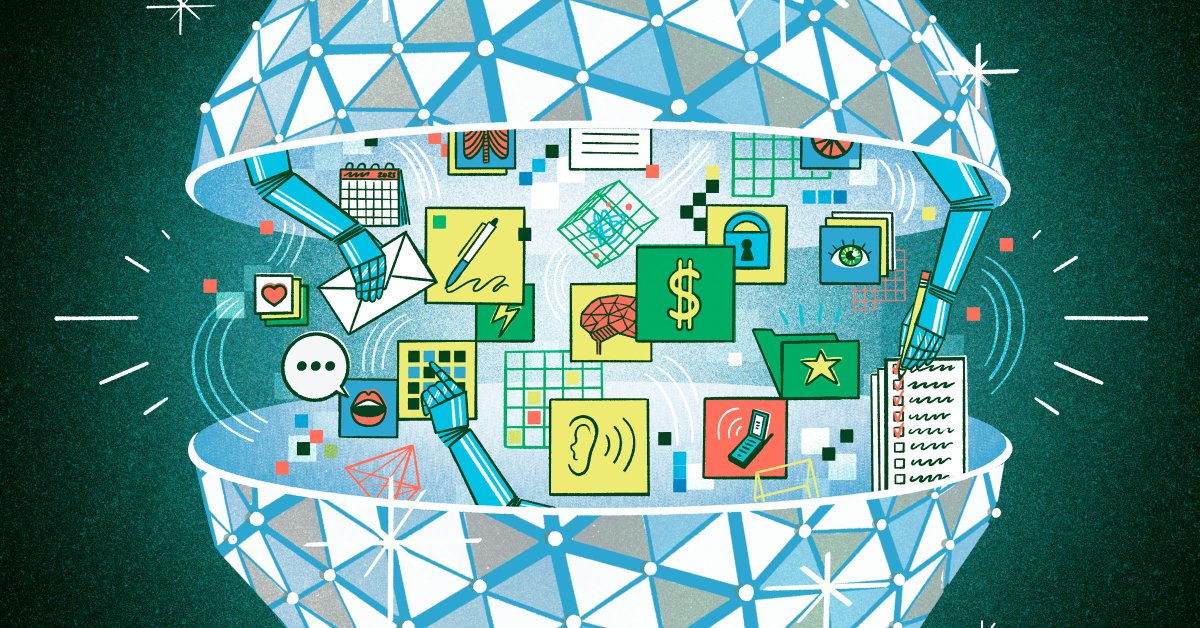In 2025, the advancement of AI technology is expected to continue at a rapid pace, building on the progress made in previous years. AI systems are becoming smarter, faster, and more affordable to operate, with the ability to reason more deeply and interact through voice and video. This trend is expected to accelerate, with a shift towards more autonomous AI agents that can perform tasks beyond just answering questions. These agents will be capable of handling complex tasks such as scheduling appointments and writing software, marking a significant advancement in AI capabilities.
AI experts predict that in 2025, AI agents will become more sophisticated and function as virtual co-workers, offering assistance in various tasks. However, there are concerns about the potential consequences of mistakes made by these agents, especially if they have access to sensitive personal or financial information. As AI technology continues to evolve, ensuring the safety and security of these systems will become increasingly important. Governments are expected to prioritize AI development in the context of national security, with decisions about AI being influenced by security considerations.
The United States and other countries have taken steps to regulate access to critical AI technologies, with a focus on maintaining competitive advantages and safeguarding national interests. Companies like Meta and Anthropic have formed partnerships with intelligence agencies to leverage their AI models for security purposes. As geopolitical tensions intensify, the role of AI in national security will become a key factor in shaping global relationships and decision-making processes. The intersection of AI technology and security concerns will continue to be a significant area of focus in 2025.
In addition to advancements in AI technology, the ethical implications of AI development will also be a prominent issue in 2025. As AI systems become more autonomous and capable of making decisions, questions about accountability, bias, and transparency will come to the forefront. Ensuring that AI systems are developed and deployed in an ethical manner will be crucial in building trust and acceptance of these technologies. Organizations and policymakers will need to address these ethical considerations as AI continues to play a larger role in society.
Overall, the year 2025 is expected to bring further advancements in AI technology, with a focus on autonomous AI agents, national security considerations, and ethical implications. While the potential benefits of AI are vast, there are challenges and risks that must be addressed to ensure the responsible and effective use of these technologies. As AI continues to shape various aspects of our lives, it will be essential to navigate these complexities and make informed decisions about the future of AI.









